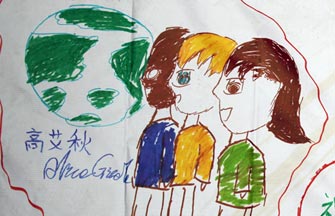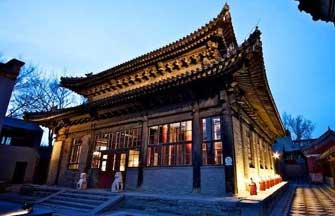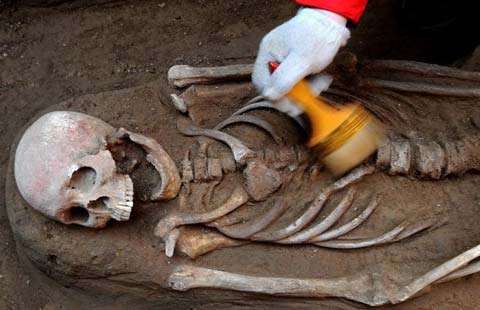Chinese authors arrive in Canada for tri-city literary symposium
( Xinhua ) Updated: 2014-10-28 11:03:00A group of renowned Chinese authors on Sunday took part in a Sino-centric forum held at the International Festival of Authors in Toronto, the first-ever such event in the festival's history of 35 years.
The event is part of Found in Translation, a yearly festival focusing on the art of literary translation with the goal of increasing Canadian awareness of international talent.
This whirl wind tour began on Saturday in Waterloo in the largest Canadian province of Ontario and will end on Tuesday in Montreal of the French-speaking Quebec province.
The first leg of the symposium was organized by the Confucius Institute at the University of Waterloo. The forum revolved around literature and environment in Chinese and Canadian literature. Among the thought-provoking topics slated for discussion were literature and the urban environment, a sense of place and space in literature, writing about nature, and the role of natural-law philosophy in literature.
The conference was co-hosted by Dr. Darrol Bryant, a distinguished professor emeritus of Renison University College, and Professor Yan Li, director of the Confucius Institute at the University of Waterloo.
The delegation from China was composed of award winning authors, publishers, journalists, and literary critics including Tashi Dawa, Jin Yucheng and Shi Zhanjun.
They held discussions with Canadian novelists Dorris Heffron, chair of The Writers' Union of Canada (TWUC) 2013, Susan Swan, chair of TWUC 2007, Ann Ireland, Dennis Bock, winner of 2014 Annual Best Foreign Novel Award in China, and poets Harry Thurston and Allan Cooper.
Literature and the environment has become a global hot topic as the meaning of environment has morphed and expanded over the years to be included in every major subject from economy, law, and politics to social advancement.
The symposium began with Quebec-born acclaimed author Dorris Hephron stating that her books, A Shark in the House and City of Wolves, are environmental statements with the City of Wolves exploring the universal interconnection of people, animals and the environment, in particular the wolf-like nature of humans and the human nature of wolves.
|
|
|
|
|
|
|
|
























 Raymond Zhou:
Raymond Zhou: Pauline D Loh:
Pauline D Loh: Hot Pot
Hot Pot Eco China
Eco China China Dream
China Dream China Face
China Face






